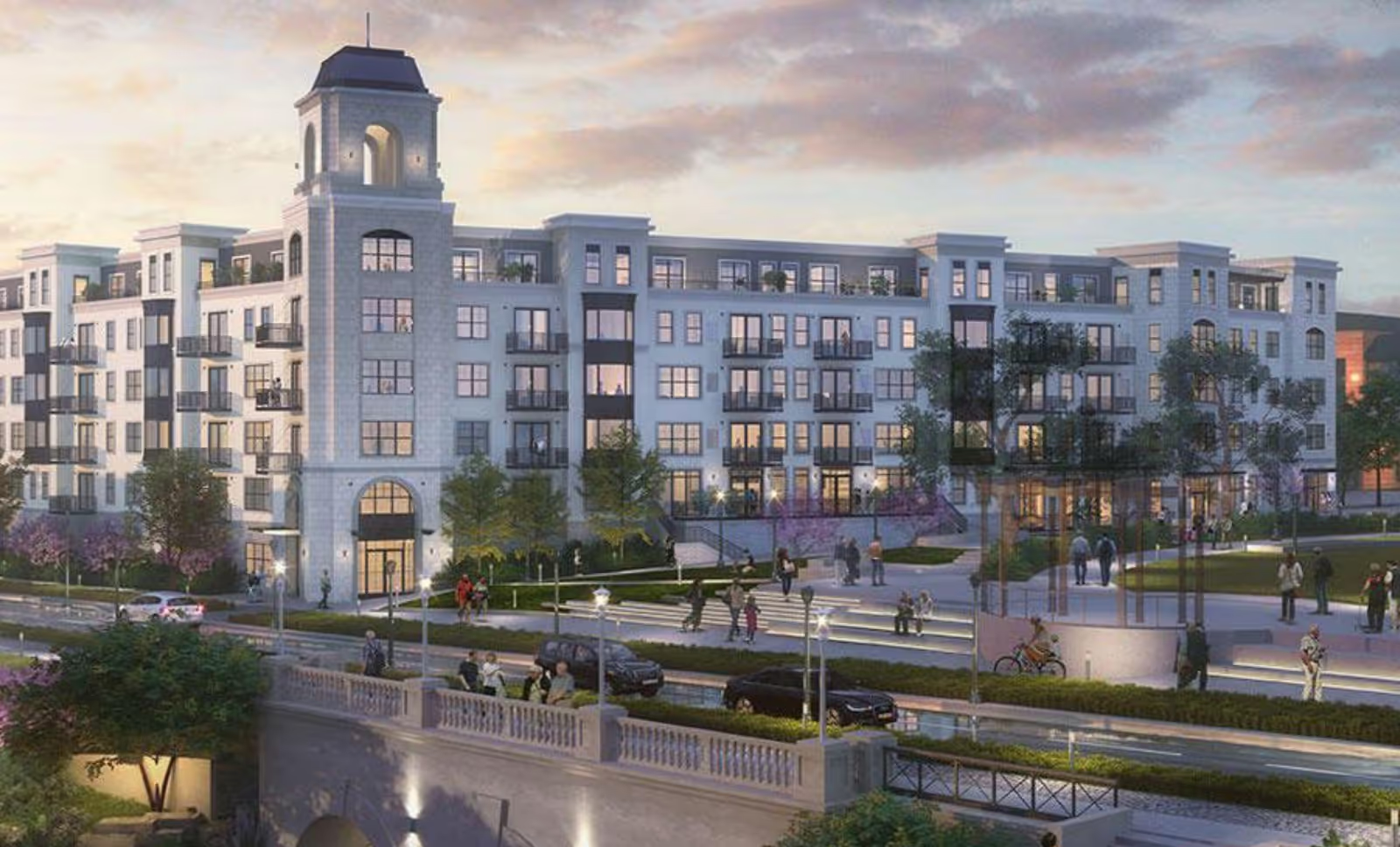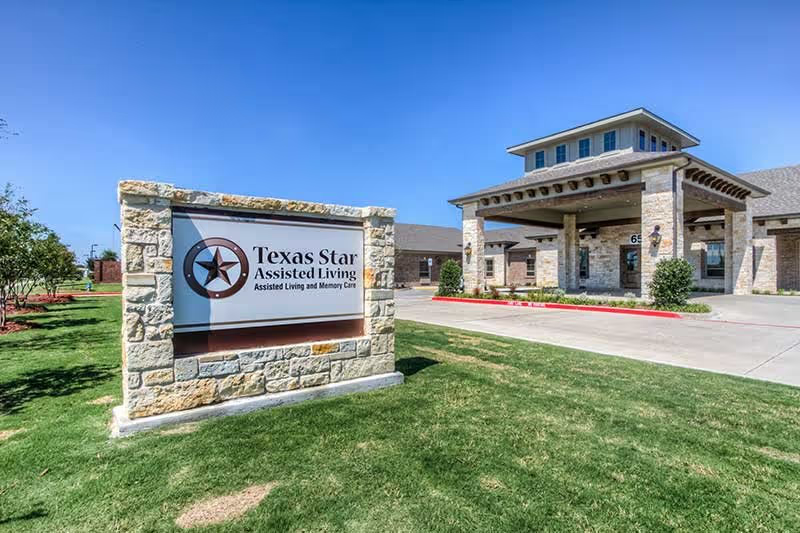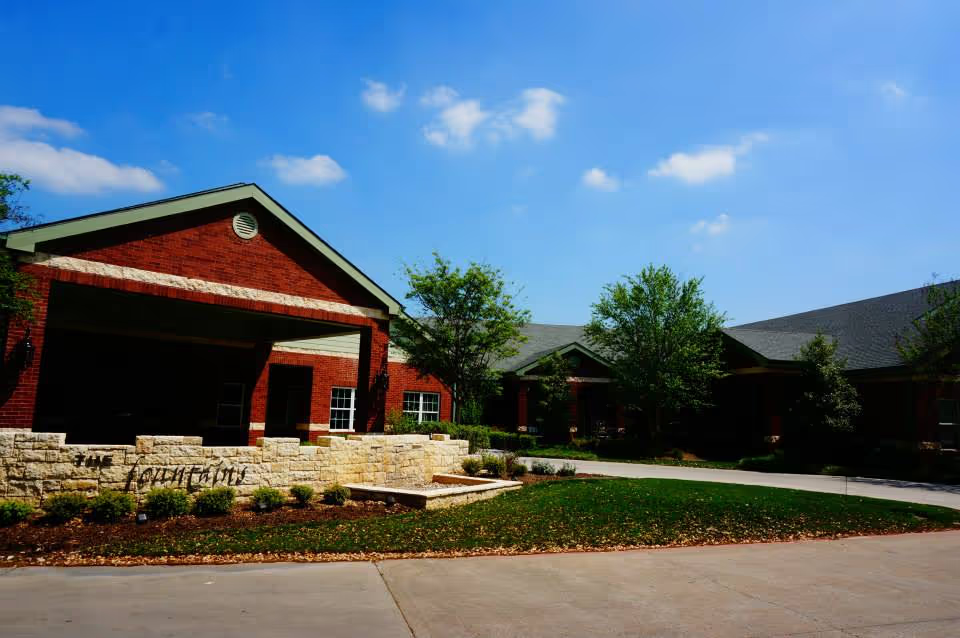Overall sentiment is highly mixed and polarized: many reviewers describe Parkview Healthcare as a warm, community-oriented facility with attractive grounds, friendly caregivers, and a number of restorative changes under new management, while a substantial number of other reviewers report serious clinical, safety, cleanliness, and administrative problems. The range of experiences is wide — from reports of excellent attentive nursing/CNA care, visible housekeeping, active programming and improved operations under recent leadership, to reports of neglect, medication errors, theft, pest infestations, and poor communication. This polarization is a dominant pattern in the reviews.
Care quality and clinical concerns are among the most frequently raised issues. Positive accounts note caring, hardworking CNAs and nurses who support resident independence, successful rehabilitation outcomes, and attentive staff who treat residents like family. Contrastingly, multiple reviewers allege delayed or absent assistance with basic needs (help getting into bed, toileting support), long delays responding to call lights, medication management failures (including reports of missed doses and days without medicine), development of bed sores, significant weight loss, and in at least one case an allegation tied to a death. These kinds of clinical failures are serious and repeatedly cited by families as they consider safety and ongoing care reliability.
Staffing and staff behavior emerge as complex themes. Several reviewers praise individual caregivers, note staff friendliness, and credit staff for going above and beyond. Many other reviewers, however, describe systemic staffing problems: burnout, chronic understaffing, high turnover, and a revolving door of employees. Reports of rude or unprofessional behavior — including sleeping on the job, profanity, and conflicts among staff — appear alongside accounts that staff are compassionate and professional. There are also allegations of theft and missing personal items (an iPad, chargers, clothing), which raise important concerns about resident security and staff vetting. A recurrent comment is that improvements in staff quality and operations have coincided with management changes, suggesting staffing culture is responsive to leadership.
Facilities and environmental conditions are similarly split. Positive remarks highlight well-kept, park-like grounds, garden spaces, courtyards, spacious and nicely decorated suites with individually controlled temperatures and ample kitchen space, as well as visible housekeeping in some areas. Conversely, a significant number of reviews allege serious cleanliness and pest-control failures: mice, roaches, bed bugs, dead mice found in traps, water bugs, foul odors (including cigarette smell), dirty/shared bathrooms, feces on surfaces, and other unsanitary conditions. Some reviewers describe an older building with maintenance issues (broken handles, quarantine conditions), and concerns about safety features such as locked doors after accidents and a perceived need for a dedicated security officer. This split suggests the facility may have areas or times of better upkeep and other times or units with significant neglect.
Dining, activities, and amenities also show mixed feedback. Multiple reviewers praise nutritious and delicious meals, continuous snacks, a fitness center with yoga and aerobics, varied social programming, monthly birthday parties, church services, BBQs, puzzles and crafts, and diverse outings. Those positive items contribute to a sense of community for some residents and families. At the same time, others criticize the food as cold, too spicy, or poorly served, and complain that amenities are minimal or basic (some reviewers saying a koi pond is the only amenity). Several accounts describe a lack of dedicated activity spaces (no craft room, no visiting area). This indicates that programming and dining quality may be inconsistent across shifts or time periods.
Management, administration, and regulatory issues are another major area of divergence. Many reviewers explicitly praise new ownership, a professional administrator (named in reviews), improved responsiveness, smoother operations, and successful turnaround efforts. These reviewers credit new leadership with better staffing, in-house therapy continuity, and a more proactive management. Conversely, other reviewers report unresponsive management, failures to inform families about critical events (including deaths), continued billing after a resident’s death, poor HR practices, allegations of fake bookkeepers, and cited state and federal inspection deficiencies. Some families mentioned considering complaints to state licensing boards. This split suggests that while recent administrative changes have produced noticeable improvements for some residents, systemic administrative and compliance problems have occurred and remain a concern for others.
Notable patterns and takeaways: 1) Experiences appear to vary significantly over time and by unit or staff on duty — many reviewers describe a measurable positive change after new management arrived, while other reviews describe longstanding problems; 2) The most severe and recurrent negative themes are clinical neglect (delays in assistance, medication errors), theft or missing belongings, pest and cleanliness issues, and poor family communication; 3) The most frequently cited positive themes are attractive outdoor spaces, caring individual staff members, active programming, and visible improvements under recent leadership.
For families considering Parkview Healthcare, this body of reviews suggests due diligence is crucial. Key questions to ask the facility include current staffing levels (RN/LPN/CNA ratios), turnover rates, protocols for call-light response and medication administration, pest-control and housekeeping processes, security measures to prevent theft, how the facility notifies families of incidents and deaths, and whether therapists are in-house employees or contracted. If possible, an in-person visit at different times of day (mealtimes, evening shifts) to observe cleanliness, staff responsiveness, meal service, and resident interactions would help clarify whether the positive improvements reported by some families are consistent and sustained. The reviews indicate tangible strengths but also several serious concerns that should be clarified before placement.







